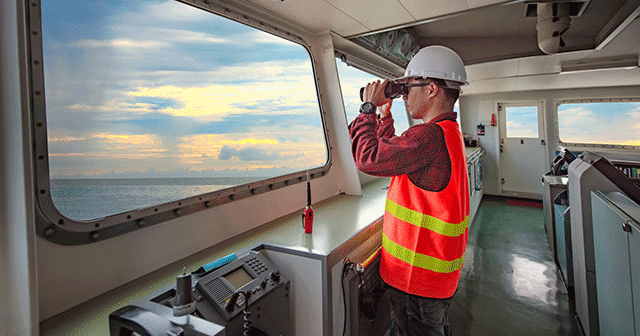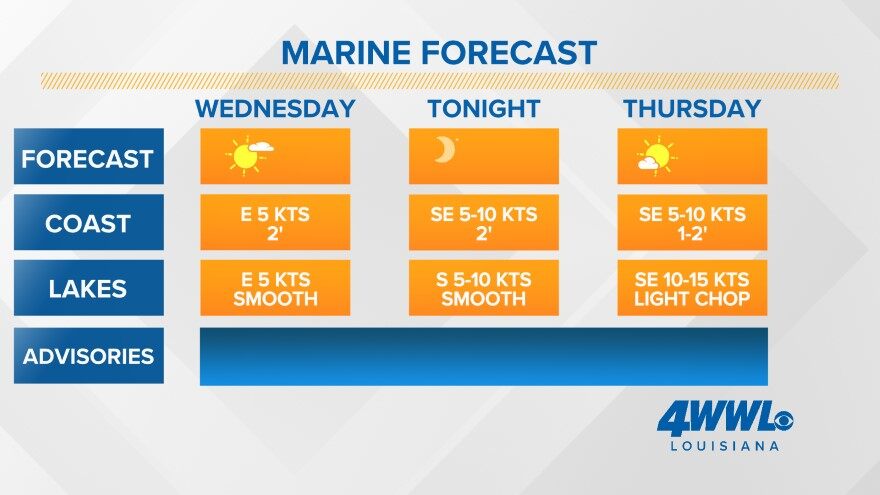
Nowadays, professional mariners as well as pleasure boaters get the necessary weather information through modern wireless technologies, and the shipping forecast has become a relic in the radio’s programme schedule. Issuing gale warnings for seafarers and communicating weather information from coastal stations, it is reminiscent of a time when reliable and up-to-date weather reports were available only through radio.

The shipping forecast is a curious radio broadcast. The essay also investigates how the shipping forecast inevitably evokes questions of territorial conquest and exclusion of others, and how its literary adaptations tend to bracket the natural phenomena that are the very raison d’être of the shipping forecast. A comparative analysis shows that despite the insularity of the shipping forecast as a cultural phenomenon, the “literature of the shipping forecast” is surprisingly similar in different countries, exploring the same themes of nostalgia, loss of signification and definition of borders. In the listening experience evoked by many authors the relative safety of the radio listener’s everyday surroundings contrasts with the threat of gales and harsh conditions for seafarers. The literary adaptations and appropriations of the functional meteorological report often retain its peculiar melodic character that results from the compressed, elliptic listing of observations or warnings.

This essay investigates the intertextual manifestations of radio shipping forecasts in fiction, poetry and non-fiction from the United Kingdom, Ireland, Sweden and Finland.


 0 kommentar(er)
0 kommentar(er)
